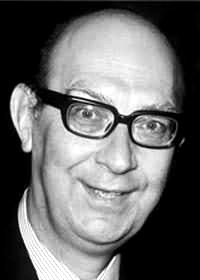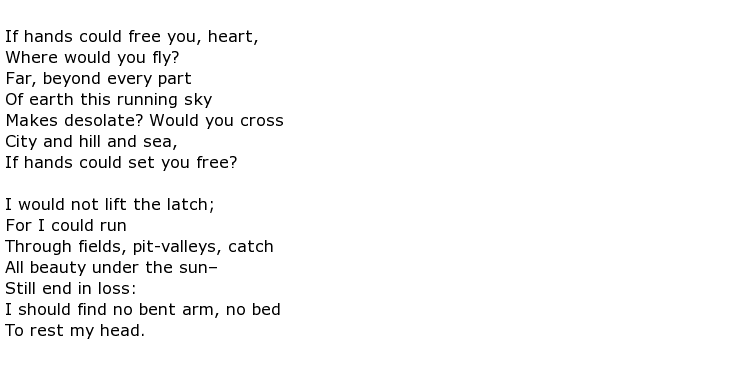
The librarian poet, Philip Larkin (1922-1985) is a poet whose work has helped to shape the literary world. A strong follower of Thomas Hardy, Philip Larkin mimicked his style. The abandonment of the style of neo-Romanticism was typical of poets of his time. However, his deeply rich poems of the life and love have made him to be considered in the forefront of “the movement”.
The Ship that did not sail
In 1945 the world was not particularly in a state of literary refinement. In all reality, the world was tired and weary from the second of the World Wars. Where it is true that the world rejoiced with its end in 1945, the majority of individuals were still mourning the losses and devastation which it brought.
Perhaps it was the timing of the publication which made The North Ship under read. Even though the book is filled with dark and somber tones as well as what some may consider being love poems, the reception of the book was grossly lacking.
One can conclude that the somewhat unsuccessful publicity of his first publication (though readily available and read by modern poets now) greatly influenced his change in writing style. In his second work, The Less Deceived one can see that there is a change in tone and composition. Where it is true that the poet still maintains the darker side of thinking, his influence from Thomas Hardy and perhaps the lack of notoriety from his first work made his second work dramatically more encompassing to the reader’s emotions and the commonplace of man.
Emotional and distant
It is strangely common in poets to write about the vast areas of the heart while themselves remaining unsuccessful in love. Such seems to be the case with Philip Larkin. Though his poems have a saturation of love and emotion, the poet never married. Even though poems such as If Hands Could Free You, Heart show a level of romance and certainly the presence of erotic desire, there is also a level of cynicism to be found.

Note that half the poem seems to be a call to the heart where the second half appears to be a disbandment of the emotion. Philip Larkin has stated here that the heart needs to be free, but at the same time refuses to let the heart be free. For in the freedom where would his heart go? The conclusion is that wherever the heart decided to go the man could not follow, or if being optimistic in this reading the fear of being abandoned after giving his heart away is too much a risk to let the heart be free.
This is not the only work to show the dark emotions of the poet. In his poem Love Again the reader immediately sees the bitterness of the love that is no longer there. Yet, the poem is presented in a way that keeps the reader from having any sympathies to the character (whether it is himself personified or a person left for the imagination). Rather, the poem appears to do the opposite. Upon reading Love Again, the reader comes away with the feeling that the writer got what he deserved.
One sees over and over that this dark aura emits from the lines. The emotion is deep and the convictions are strong, but they are of a skeptic nature. I would again contribute this to the mindset of the world in general during that time as well as to the solitude of the poet.
Hardly Hardy
Though influenced by Thomas Hardy, it should be noted that Philip Larkin’s work is unique and not in the same category as Hardy. Many poets have been inspired by Thomas Hardy (such as D.H. Lawrence) but are not considered to be of the same style. Yet for some reason literary critics and scholars alike tend to associate Philip Larkin with Thomas Hardy. This I believe is folly. Thomas Hardy is more of a naturalistic writer. Indeed he is known for such. Philip Larkin on the other hand is more focused on the solitude, moral developments, and the deeper emotions of man. Where it is true that both poets share the earnest endeavor to keep sentimentality or self-pity from their works, one could hardly put the two within the same literary scope as some critics have done.
A bleeding heart
Philip Larkin presents to the reader poems that are both oriented to love and emotion, but also to loss and despair. The combination, therefore, leaves the reader with an overall sense of the bleeding heart or the abandoned hope. Unlike those which focus solely on the negative or extremely on the positive aspects of man, Philip Larkin tends to show man in a neutral light. One cannot help but to wonder if the poems influenced the man to remain in his solitude or if the solitude influenced the man to write his poems. The two are too closely intertwined to tell.

